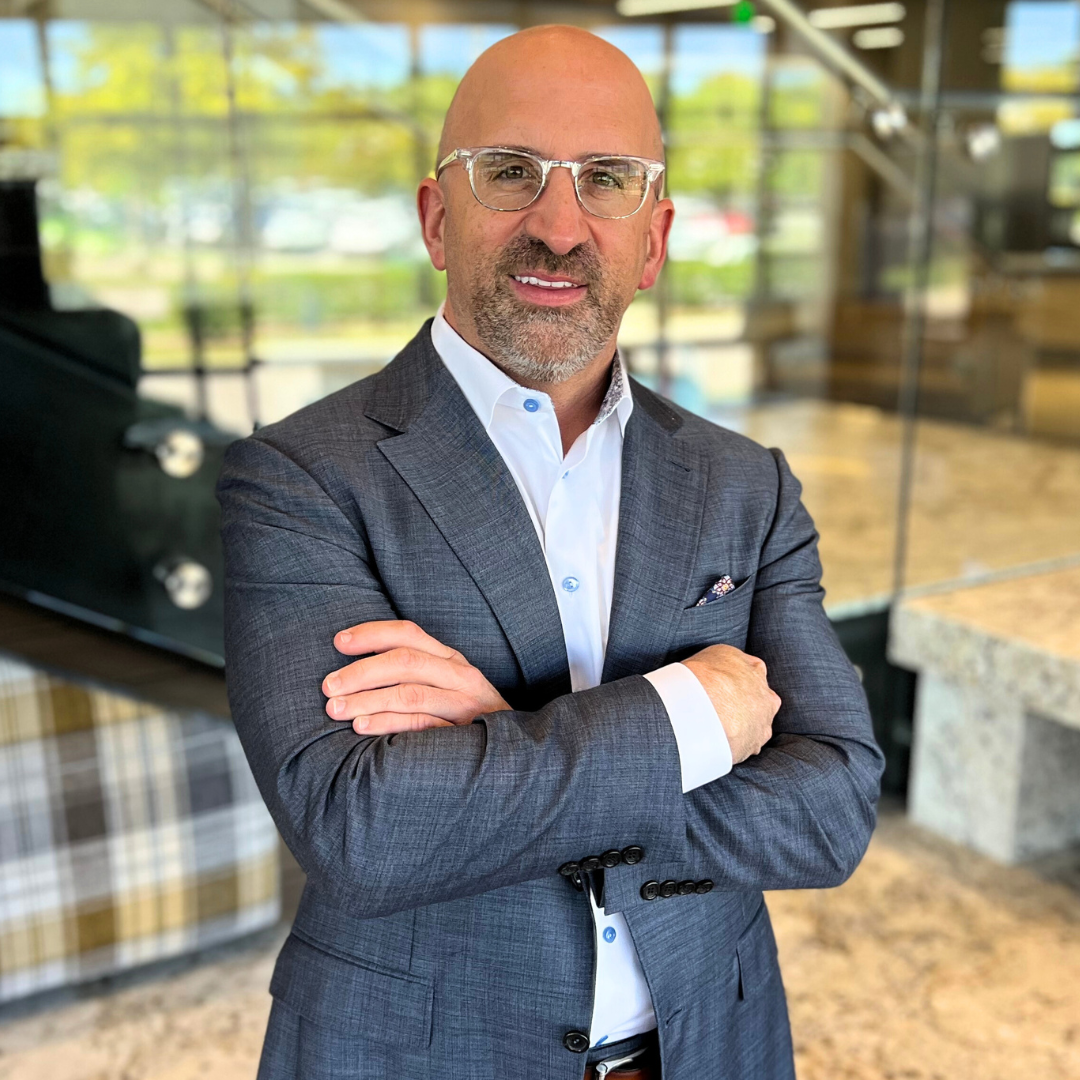
28 Jun Preparing for Total Joint Replacement with Dr. Cory Calendine
Originally published in the Williamson Herald –
When it comes to total joint replacement surgery, many patients are concerned with the post-surgery aspect of the procedure. How long is the recovery time? What will my limitations be? However, preparing your body and environment for surgery beforehand can make recovery a little easier and ensure that the procedure goes as planned. Cory Calendine, M.D., an orthopaedic surgeon at Bone and Joint Institute of Tennessee, offers best practices and preventative measures when preparing for a total joint replacement surgery.
Exhaust All Options
Before you and your physician decide that surgery is necessary, make sure that you have tried all nonsurgical options. “Nonsurgical treatments like medications and injections should always be explored before surgery as they can be very effective,” says Dr. Calendine. “Even something as simple as maintaining a consistent activity level can reduce arthritis pain and may help patients avoid surgery.” However, total joint replacement surgery may still be the best option for some patients. Once the decision for surgery is made, it is important to educate yourself on how to prepare, as surgery can cause a shift in your day-to-day routines. At Bone and Joint Institute, a pre-surgery class is held three times a week to help patients prepare for their upcoming procedure.
Fuel Your Body
In the days and weeks leading up to surgery, fueling your body with the proper nutrients will help ensure a healthy recovery. “Any type of surgery adds stress on the body,” says Dr. Calendine. “You want to avoid muscle weakness, fatigue and atrophy by getting the right nutrients pre-procedure.” Making sure you have adequate protein intake at least two weeks before and two weeks after surgery will help prevent muscle wasting and encourage strength and muscle growth after surgery. Dr. Calendine also recommends increasing fiber consumption before surgery as some pain medications can be hard on the digestive system. Additionally, patients should make sure to stay hydrated leading up to surgery to increase energy levels and maintain kidney health.
Lifestyle Changes
Making changes to your environment and routine while preparing for surgery can make the transition back home less stressful. Even if you go home the same day of surgery, you may require a walker to navigate in the following days. Decluttering your home, clearing paths for walkers and making a plan for maneuvering the home before surgery can help you avoid further injury during recovery. Dr. Calendine also reminds patients to come into surgery as strong as possible. “I encourage patients to exercise up until the day of surgery,” says Dr. Calendine. “Although you may have limitations due to your injury, find something you can do and do more of it as you prepare for the total joint replacement.”
Things to Avoid
While healthy eating and staying active can aid in recovery, there are also some habits that can be detrimental to the healing process. Smoking can hinder wound healing and increase the risk of infection after surgery. “It is extremely important to stop smoking before surgery,” says. Dr. Calendine. “Even quitting a month before surgery and a month after can help with recovery.” He also cautions patients with diabetes to monitor their levels around the time of surgery to reduce risk during the procedure.
Education and Support
A key aspect of recovery is identifying one person as your patient ambassador before the day of surgery. This person will help with logistics of recovery such as transportation to and from physical therapy, delivery of meals and routine check-ins to monitor patient progress. Having a solid support system established in family and friends before surgery is critical when undergoing a procedure like a total joint replacement. “Above all else, patient education affects outcome,” says Dr. Calendine. “Make sure you are asking your surgeon questions and utilizing the patient resources on Bone and Joint Institute’s website so that you are confident when entering surgery.”
To setup your consultation today with Dr. Calendine or another Bone and Joint Institute of Tennessee specialist, click here or call the clinic at (615) 791-2630.
